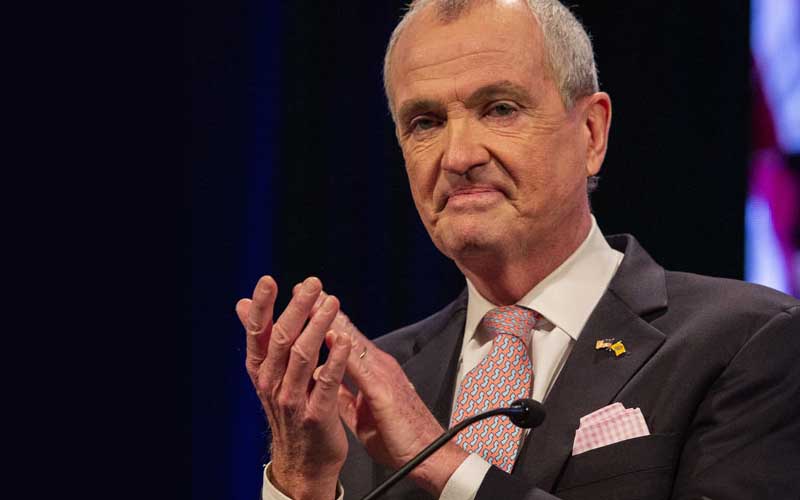TRENTON, NJ – Environmental justice is coming to underserved and poor communities in New Jersey thanks to in an initiative by Governor Phil Murphy.
The governor’s office has not revealed funding options for the new policy. That policy essentially turns the New Jersey Department of Environmental Protection into a neighborhood environmental police department.
Murphy announced the final adoption of regulations to implement the state’s Environmental Justice (EJ) Law on the first day of Earth Week. The EJ Law and rules are the first in the country aimed at reducing pollution in historically overburdened communities and communities of color that have been subjected to a disproportionately high number of environmental and public health stressors. The EJ Rules were developed by the New Jersey Department of Environmental Protection (DEP) through an extensive stakeholder process that brought together affected communities, environmental and public health advocates, and leaders in business and industry to offer critical insights that shaped the regulations.
The rules require enhanced upfront community engagement before pollution-generating facilities are proposed in the state’s overburdened communities. Using community-level environmental and public health data available through the DEP’s Environmental Justice Mapping, Assessment and Protection tool, permit applicants must avoid and minimize environmental and public health stressors, and permit conditions that better protect vulnerable communities will be established by the DEP. The EJ Law and implementing regulations aim to further the promise of environmental justice by prioritizing meaningful community engagement, reducing public health risks through innovative pollution controls, and limiting adverse impacts that new pollution-generating facilities can have in already vulnerable communities.
The EJ Rules will offer relief to communities that have been overburdened by pollution and the resulting public health risks. When proposing to locate certain pollution-generating facilities in an overburdened community, an applicant must prepare an environmental justice impact statement and engage directly with members of their proposed host community by hosting a public hearing. The applicant must collect all public comments and respond to them in writing. DEP will then evaluate whether pollution from the proposed facility would cause or contribute to environmental and public health stressors at levels disproportionate to those in less burdened communities.
The EJ Law has been a long-time dream of the frontline communities historically excluded from the environmental protections that allow the rest of New Jersey to be a garden. It is hoped that the law will put a stop to the legacy of siting toxic industries in low-wealth communities of color. The EJ Rules pioneer a community-first approach to planning and permitting certain pollution-generating facilities. The new rules could provide significant relief to New Jersey’s overburdened communities.
